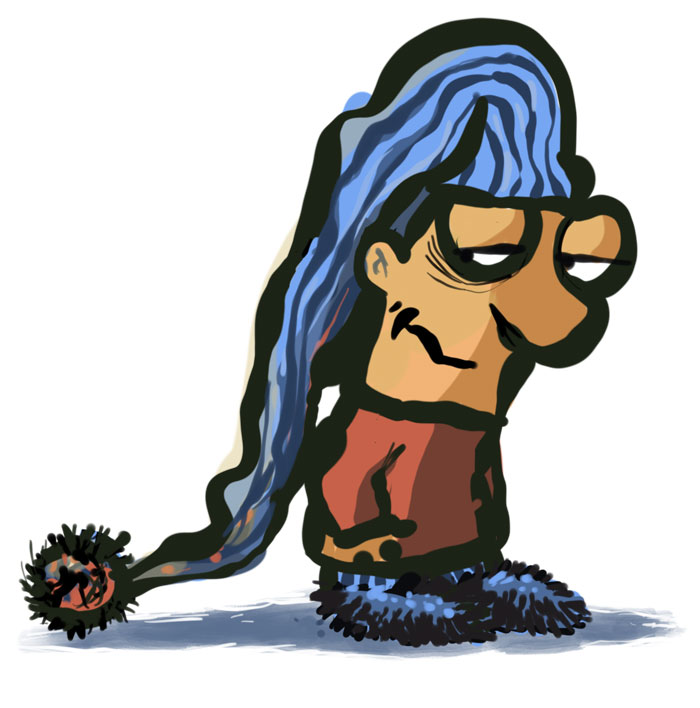 Everything comes to those who will wait.
Everything comes to those who will wait.
Surely you've heard that saying, right?
So you wait, because you're told you should not be impulsive. Sleep on your decisions, they say. And so you wait. But does waiting really help as much as we think. Let's look at the phrase, “everything comes to those who will wait”. Does that say when the waiting happens? Because in my mind, if you're going to quote one fancy phrase, you should think of the other fancy saying as well.
And the other fancy saying is: Sow and you shall reap.
Yes, sow. Do the hard work. Then wait.
Put some back into your stuff. Then wait.
But no, we just want to wait. As if sleeping on things is going to improve anything at all. I'll tell you what it does improve. It improves your ability to create enormous to-do lists. That's because the moment you put something on a “wait list”, the decision becomes like planes circling the airport. One plane, a couple of planes—yeah, that we can handle. But soon there are “planes” as thick as mosquitoes.
And you know what this does, right?
It paralyses us. We can't make any decision, or at least good decisions. And to the outside world it looks like we're still waiting. But in fact, we've regressed right into paralysis. It's easier to get a job done, and even partially done—and then to fix it, than to wait. Waiting only really works once you've already started to get momentum.
But surely there are instances when waiting improved the situation
Sure there are. You'll have cases where a patient was given up for dead, then suddenly woke from a coma and lived happily for the next 30 years. Or you'll have situations where you got a better price on a product (I got a 75% discount on software yesterday). But these are flukes.
And life should be full of happy flukes. No one is telling you to be madly impulsive, but sit down and think of the last 10 decisions. Which ones of them would have improved if you waited? And how long would you have waited? A day, three days, three years? Forever?
Everything comes to those who wait.
Yes, it does.
But you have to sow, then wait. Then reap.
Sow, then wait, then reap.
Sow, then wait, then reap.
The cycle goes on.

Leave a Reply